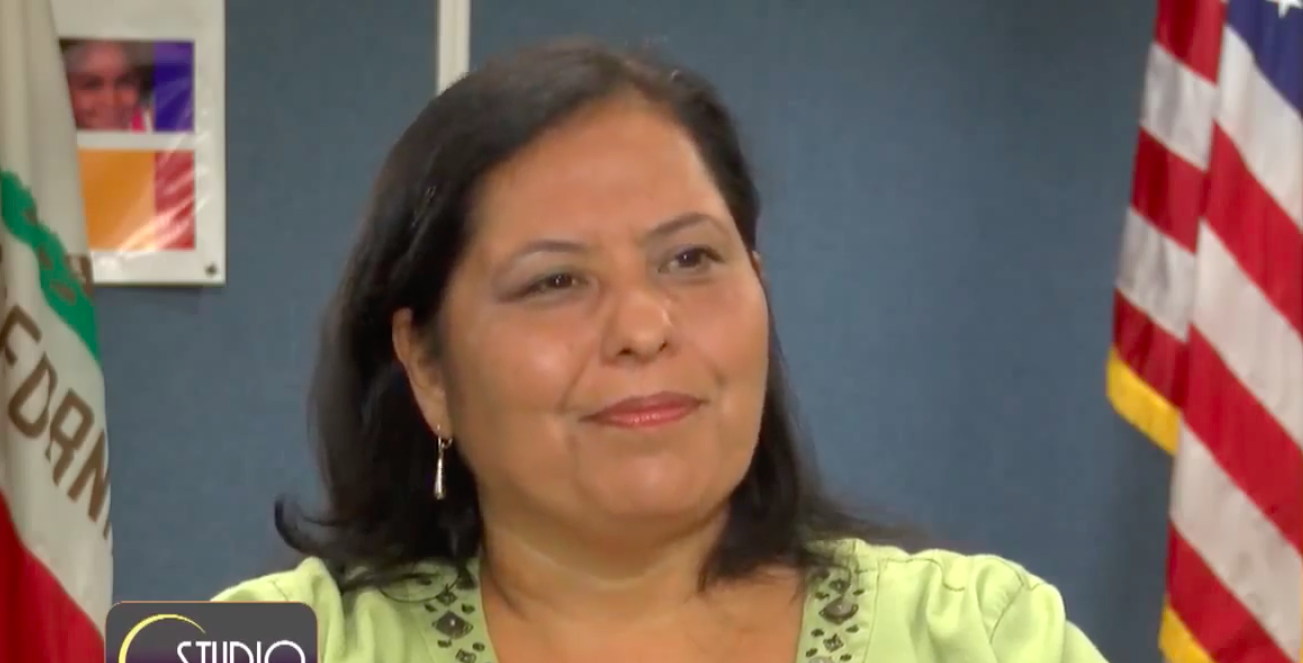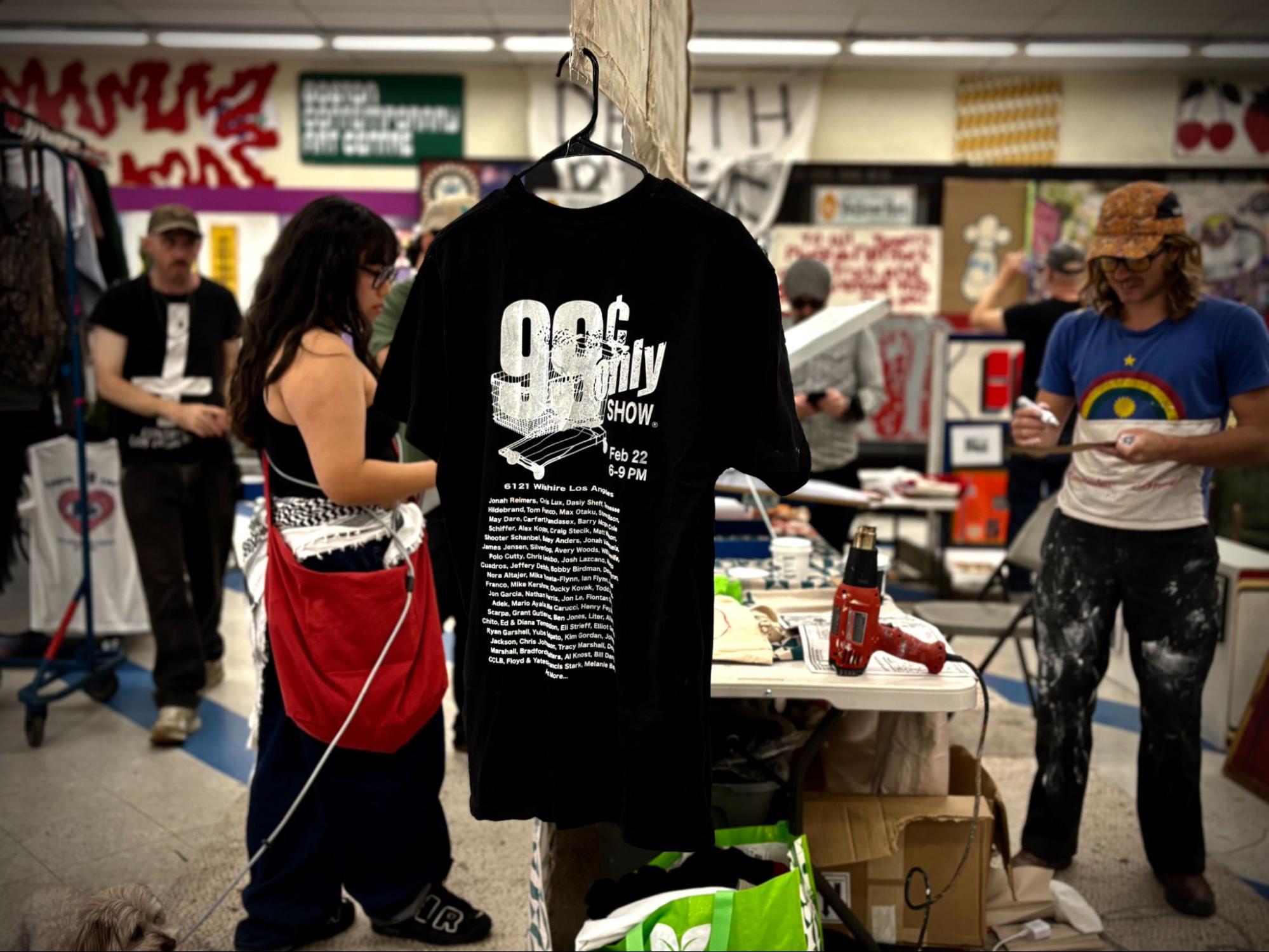[dropcap size=big]T[/dropcap]wo heavy hitters from L.A.’s Eastside are officially going head-to-head in a contest to replace Jose Huizar on the City Council and represent L.A.’s 14th district, a traditional Latino power-base that now also includes large parts of downtown L.A. and its colossal development projects.
The latest to enter the race is Los Angeles school board president Monica Garcia, who on Sunday launched her campaign for CD14. Kevin De Leon, former state senator and 2018 challenger to Sen. Dianne Feinstein, made his announcement earlier this month.
The primary election is not until March 2020, with the top two contenders going to November, but the race is already generating buzz. The influence of money from real estate developers has become a central topic in the city, amid a sweeping federal corruption and bribery investigation at City Hall.
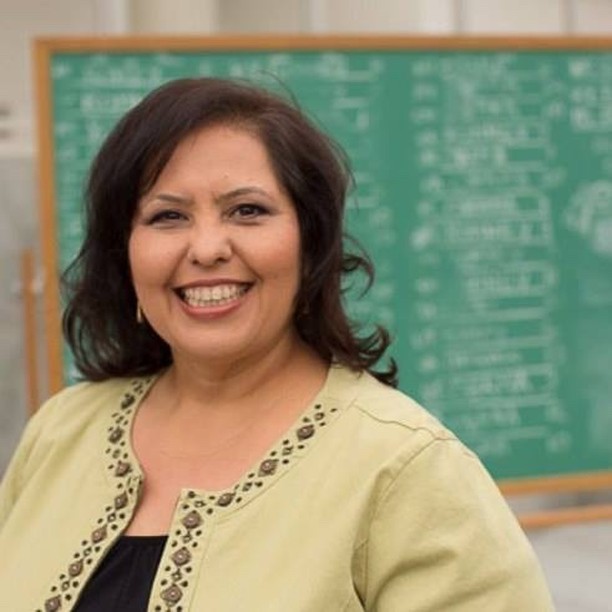
Huizar was most recently the chair of the powerful Planning and Land Use Management Committee, which oversees approval of development projects in downtown L.A., many of them also inside his council district.
The district seat is to be vacated by embattled Councilman Jose Huizar in 2020 due to term limits. Garcia announced her campaign on Monday.
In a call with L.A. Taco, Garcia declined to say whether she would refuse campaign contributions from developers in her bid for Council District 14.
Last week, the Los Angeles Ethics Commission recommended banning developer money in City Council elections, and so-called “behested” payments made to a charity that’s requested of an elected government official.
'The whole situation there is very troubling, but that will take care of itself.'
If the City Council adopts the commission’s recommendation, it would be the first ban on developer money in elections anywhere in the country and would upend the status quo in Los Angeles.
The City Council could take up the issue in a matter of months.
“What is important is that every campaign communicate its vision, its intention, and offer the voters genuine leadership and service,” Garcia told L.A. Taco on Wednesday, when asked about the influence of campaign contributions from developers. “In the elections that I have been a part of, there are rules, and there are disclosures, and there are limits and we absolutely have to — the public deserves for us to do that.”
RELATED: City Hall Intrigue: Garcetti Appointee Resigns After Being Named in Jose Huizar FBI Corruption Probe
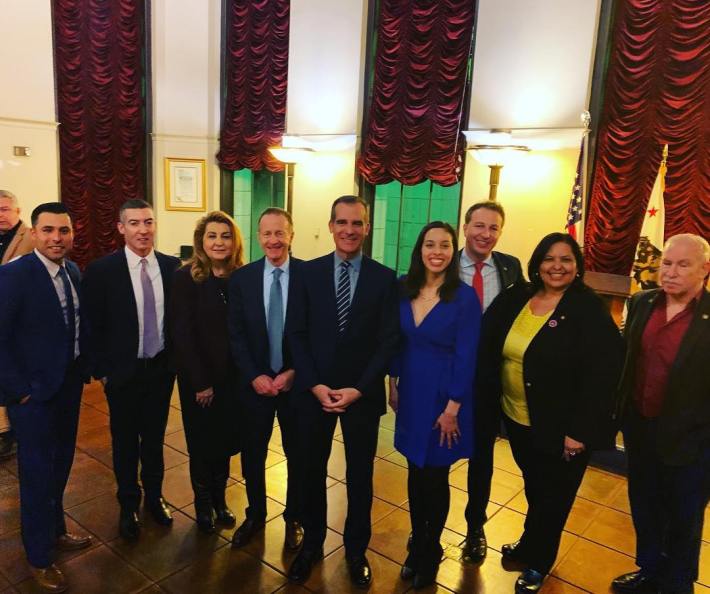
[dropcap size=big]G[/dropcap]arcia, 50, was first elected to the school board in 2006. Before that she worked for four years as Huizar’s chief of staff.
Garcia declined to address his many legal troubles. The investigation reportedly involves developer donations directed to charities tied to Huizar.
“I know Jose and his wife [Richelle] for 25 years. I am very sad about what they are dealing with,” she said. “The whole situation there is very troubling, but that will take care of itself.”
It’s been an open secret on the Eastside for the better part of 2018 that Richelle Huizar would seek to replace her husband on the council. She withdrew her candidacy soon after the FBI raided her husband’s offices and their home in early November. An FBI agent was seen carrying out a box labeled “fundraising.”
An FBI subpoena requested to access to the private emails of a litany of City Hall bigwigs, including Councilman Curren Price; Deron Williams, chief of staff to Council President Herb Wesson; Raymond Chan, who was Mayor Eric Garcetti’s deputy mayor of economic development until he retired in 2017; and Joel Jacinto, whom Garcetti appointed to a full-time, paid position on the Board of Public Works.
Mayor Garcetti dropped this short-lived bid for the US presidency with little notice on Jan. 29.
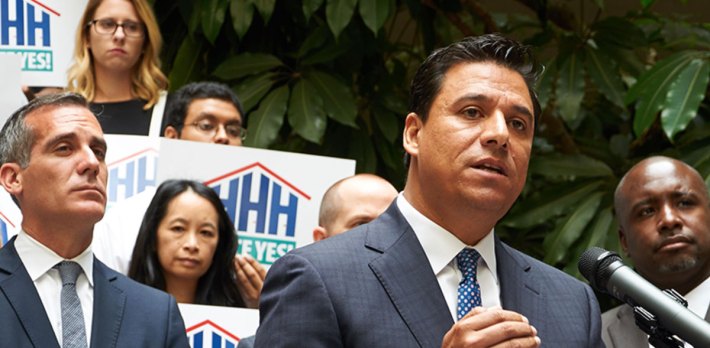
Despite the list of people the FBI is interested in, no one has been charged with a crime. Huizar is the only individual known to being investigated. He has not been charged with a crime by the government either.
The ongoing investigation has added weight to long-standing concerns over money influencing land use and development decisions in City Hall.
A similar motion was introduced in 2017, but it went nowhere with the city council or ethics commission. Last month, the city council modified how campaigns are financed, including rules on matching funds. Reform advocates have criticize the updates for not going far enough.
The monied influence from downtown developers is new to the Eastside district and could play a dominant role in the council race in 2020, according to Raphael Sonenshein, executive director of the Pat Brown Institute for Public Affairs at Cal State L.A.
“[Council District 14] was the original base for political mobilization in L.A. — along with District 1 — the original ‘Eastside district,’ in the history if Latino power at City Hall,” he said.
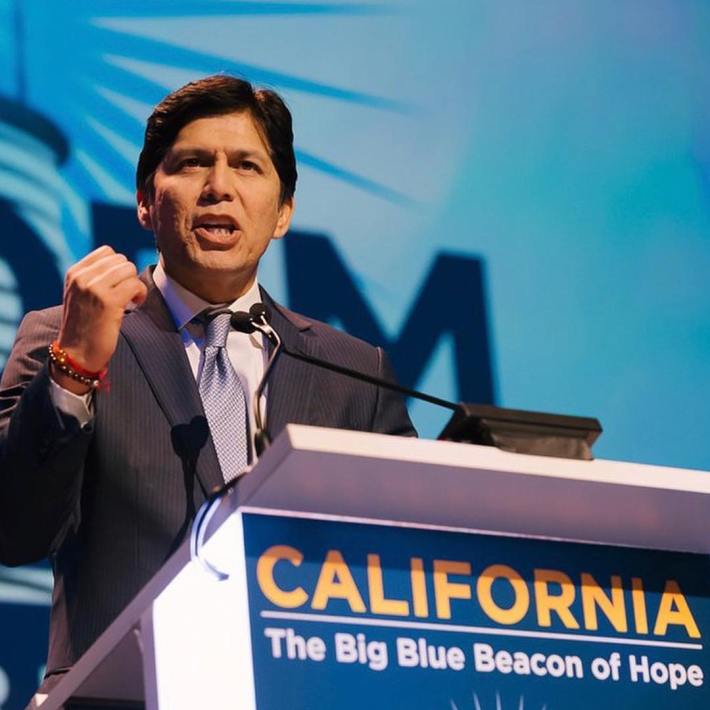
But redistricting CD14 to include parts of downtown L.A. added a powerful new wing to the traditional Latino district. It added a neighborhood that is rapidly gentrifying, one with young professionals, with a bike and mass transit culture, Sonenshein said.
The last election in 2016 at times felt like a debate between the cars and the bikes, a debate between Boyle Heights and downtown, he said.
“Developer money plays a really big role in this process. You can look back to the Seabreeze scandal a few years ago,” said Rob Quan, an organizer for the Unrig L.A. Coalition, which pushed the Ethics Commission to make its recent recommendation.
“For those running in Council District 14 — they’re running in the epicenter of the developer scandal — so, it’s particularly important for them to not just speak about restoring faith in City Hall but to take actions that exemplify that,” Quan said.
RELATED: Kevin de León Enters Race to Replace Jose Huizar on City Council
